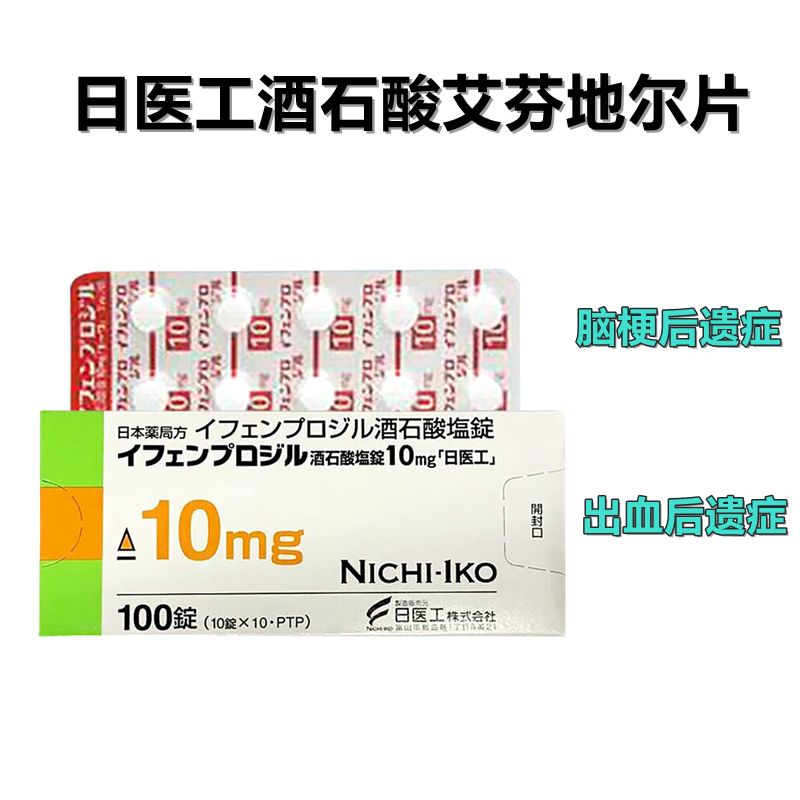After recovering from a cerebral infarction, some people encounter a common issue: persistent dizziness or vertigo.
Do you feel unsteady when walking or get dizzy even after light activity? This is often closely related to insufficient blood flow to the brain. Today, let’s talk about an approach commonly used by Japanese doctors that may give you some ideas.
Why is dizziness common after a cerebral infarction?
After a cerebral infarction, local blood vessels in the brain are damaged, affecting circulation. Even if the main lesion has stabilized, insufficient blood supply in certain areas can still lead to:
Unsteady walking
Dizziness when standing up
Mental fatigue
These symptoms are what many people refer to as dizziness as a sequela of cerebral infarction.
Medication approaches commonly used by Japanese doctors

In Japan, doctors may use certain medications to improve cerebral blood flow and enhance nerve cell metabolism. The main ideas behind these treatments are:
Dilating brain blood vessels to allow better blood flow to the brain
Improving nerve cell energy use
Helping restore some brain functions
These medications are not “instant relief” dizziness drugs; rather, they are part of a long-term rehabilitation strategy.
Who might benefit?
Generally, Japanese doctors consider these medications for people who:
Are in the recovery phase after a cerebral infarction but still experience persistent dizziness
Show signs of insufficient cerebral blood flow, such as memory decline or difficulty concentrating
Have other chronic conditions (e.g., high blood pressure, diabetes) that require long-term management
⚠️ These are usually prescription medications and must be used under a doctor’s supervision.
How they are typically used
In Japan, common practices include:
Oral tablets, 2–3 times per day
Long-term use is necessary; improvements may take weeks or even months
Dosage and duration must be determined individually by a doctor
Precautions
People with liver or kidney problems should use caution
Drug interactions may occur, e.g., with anticoagulants
Pregnant or breastfeeding women should consult a doctor
Do not self-medicate; a doctor’s prescription and guidance are required
⚠️ This article is for educational purposes only and does not constitute medical advice. Always follow a professional doctor’s recommendations for medication.
What else can help?
Medication is just one part of recovery. True rehabilitation also requires:
Regular rehabilitation exercises (balance and gait training)
Managing blood pressure, blood sugar, and cholesterol
A light, healthy diet, reducing oily and high-salt foods
Good sleep habits
These daily practices are as important as medication and can determine long-term recovery outcomes.
✅ Summary
Dizziness after a cerebral infarction is often related to insufficient blood flow to the brain. Japanese doctors commonly address this by promoting cerebral blood flow and nerve metabolism with medication, combined with rehabilitation exercises and healthy lifestyle management.
